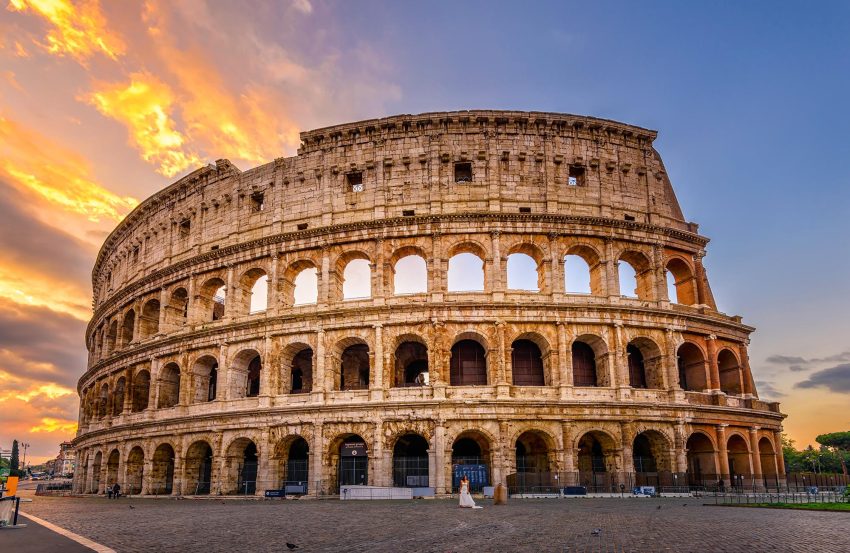As a college student recently returning from an exciting four-month study abroad in Rome, Italy, I find myself reflecting on the cultural adaptation that I experienced. Among the varied experiences that shaped my understanding of the Italian way of life, one particular aspect stood out – the Italian approach to time.
In the vibrant streets of Rome, I found myself navigating a cultural shift in the perception of time. Unlike the rigid adherence to schedules in my American upbringing, the Italian approach to punctuality introduced me to a more flexible concept of time. Meetings often took place fashionably late, and the entire city seemed to operate on a relaxed tempo. I struggled to synchronize with a schedule that appeared more fluid. The cultural norm of a delayed start challenged my expectations, prompting me to reevaluate my understanding of time as a universal constant. This encounter with a less structured sense of time offered me a firsthand glimpse into the Italian value of savoring the present. The leisurely pace allowed for spontaneous conversations and the unhurried enjoyment of daily experiences. As I attended social gatherings and engaged with locals, I began to appreciate the subtle beauty of a lifestyle not dictated by the relentless ticking of the clock like in America. This initial discomfort with the Italian approach to time eventually transformed into an embrace of the culture’s emphasis on the quality, rather than the punctuality, of shared moments.
Initially, adjusting to this more relaxed approach challenged my ingrained sense of punctuality. As someone accustomed to a culture where time is strictly adhered to, I struggled with the Italian preference for a slower pace. However, as time passed, I found myself embracing this more leisurely approach. The flexibility allowed for a deeper appreciation of moments and fostered connections within the community and with my friends.
Considering this through the lens of an Italian, it became evident that their view of time is rooted in a desire to savor life’s moments. Time is not seen as a constraint but as a medium for enriching experiences. The emphasis is on the quality of interactions and relationships, rather than a race against the clock.
This exercise has broadened my understanding of cultural differences, emphasizing that values like attitudes toward time are deeply ingrained and shape daily life. Immersing myself in a different culture has taught me to appreciate diverse perspectives. This cultural awareness equips me to navigate successfully in a multicultural and globalized world. In an era of increasing globalization, recognizing and appreciating diverse cultural perspectives is a crucial skill. The experience in Rome has taught me that cultural adaptation involves understanding and embracing the unique nuances of each society. It’s about acknowledging that diversity isn’t a challenge but a source of richness waiting to be explored. As I return to the United States, the lessons learned in Rome will undoubtedly influence my interactions and perspectives, contributing to my ability to engage effectively in the interconnected world we live in.

